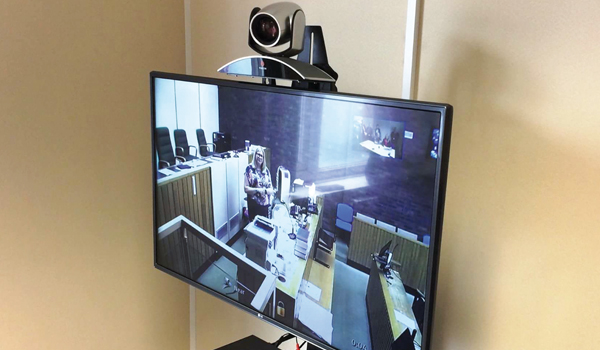Dispelling the myths around BWV
Josh Rayworth of the Body Worn Video Steering Group examines the use of body-worn cameras.

As body-worn video (BWV) becomes established within society, the need to educate both citizens and users about the implications of the technology has led to serious discussion surrounding its application in real-world situations.
Naturally, this is met with some trepidation and the publics understanding of the technology is limited to a general perception that BWV is an indispensable asset in reducing crime, mitigating disputes and acting as a deterrent.
However, as the conversation about the technology develops, a need for coherent public understanding must evolve also and dispel the myths that naturally occur in such situations.
Firstly, the assumption that video evidence being entirely objective is one of the key issues highlighted by many researchers and holds serious ethical implications.
For example, a 2007 study conducted by the Rand Corporation focused on 318 randomly selected recorded traffic stops in the US with vehicle-mounted cameras. The study appears to focus on how officers would interact with citizens and how their attitude towards a stop would vary between races (in the same geographical areas and times).
In the study it was noted that citizens stopped by the officers would observe them place a hand on their service weapon (as required by training) when approaching an African-American suspect and not for someone of Caucasian ethnicity.
On the other hand, it is established that how an officer conducts a traffic stop and the suspects awareness of how it was performed is filtered through their own experiences, ie, selective awareness. Which is to say that while one person may feel targeted based on their race, another may not and simply choose to pick out that certain detail as governed by previous interactions.
However, race and selective awareness are not the issues here, but what the results show how one person may interpret a situation (video) may not be the same as another. What happened prior to the start of recording could be a major factor to what takes place within it.
But simply the fact that a potential problem could, and would, be captured digitally is enough to deter and evaporate the situation entirely; equally, if the user of BWV behaved inappropriately the effect would be similar if recorded.
Leading on from the point of interpretation, Justin T Ready and Jacob TN Young, assistant professors at Arizona State University, conducted an experiment with 100 police officers where half used BWV for one year and the other half did not.
Initially, commanding officers were anxious that the camera-using officers may be less proactive, caused by a fear of being found incompetent, yet it was actually found they were more likely to record suspicious activity prior to initiating contact with a suspect, giving them the confidence and, most importantly, justification to do so without invasive strategies.
The other half responded more to dispatches, showing how BWV can play an integral part in rekindling the police-community relationship.
Additionally, there is the topic of accountability both a public and departmental interest. Conveying recordings honestly is vital to retaining and strengthening trust between the two, something that faces numerous challenges. For example, suppose the shooting of Mark Duggan had been recorded with the result as it turned out it may be shown to be justified, yet it is entirely possible the application of BWV may have influenced the situation towards a calmer resolution and avoided the events that took place after the fact.
Having such a device would be extremely useful in gaining insight on a situation if it can be shown to be an honest representation of what took place and clear up some questions that may be raised at a later date.
At this time BWV is becoming something we will hear and see more of; as the technology and discussion continues to progress, so do the procedures defining its use, clarifying issues and opening up a whole new avenue to the professions that use BWV to utilise it for their own and the publi


